Philosopher-Builder Summer Reads
12 recommendations from top thinkers in the Cosmos network: featuring sci-fi classics, philosophical essays, and polymath biographies
Since last week’s essay on the philosopher-builder, many of you have reached out to ask: how do I go deeper? Where are the books that connect philosophical questions to modern building?
Perfect timing.
We asked some of the sharpest minds in our network—from Tyler Cowen to Steve Jurvetson to Cosmos fellows, entrepreneurs, and AI researchers.
The result:
These aren't generic "tech books." They're works that can shape how serious builders think about what they're creating and why.
We hope one of these sparks your interest. (And leave your own suggestions in the comments!)
1. Picoeconomics
by George Ainslie
“Many of us feel addicted to our phones, to infinitely scrolling feeds, to the quick dopaminergic rewards of shortform video and social media feedback. But those same technologies gives us incredible leverage to learn, think, and coordinate with our friends. Neither simplistic narratives of tech doom nor techno-optimism are really capturing what's happening - we need a detailed model of the impact of technology on the human mind. Ideally a mathematical model, one with parameters we can fit to the data we observe and optimize against.
Picoeconomics provides the best such model I know - using a simple quirk of the human reward system (hyperbolic discounting) together with a multiagent model of the human mind to explain everything from addiction and impulsivity to imagination, willpower and the Fall from Eden. I would love to see picoeconomics-informed technologies - technologies that strengthen our wills by helping us strike better bargains with ourselves, and with each other.”
Ivan Vendrov,
Head of Collective Intelligence at Midjourney & Cosmos Founding Fellow
2. The Best of All Possible Worlds
by Michael Kempe
“Recently I enjoyed Michael Kempe, The Best of All Possible Worlds: A Life of Leibniz in Seven Pivotal Days.
Leibniz was a seventeenth-century German philosopher, mathematician, diplomat, cosmologist, and polymath. He invented calculus around the same time Newton did and has a good claim to being one of the smartest humans ever. From this book I also learned the full import of Leibniz’s role in the history of binary computation, his idea of ‘novels as models,’ his theory of social distancing during epidemics, and his fascination with the tale of a woman Pope. He was a truly strange and brilliant thinker who hoped for a more peaceful Europe. This is a wonderful portrait of a super-smart human who today doesn’t receive as much attention as he should.
(Should technologists even be reading books right now? But books are very good for broadening the spirit and giving one greater historical perspective.)”
Tyler Cowen,
Economist & Cosmos Board Member
3. Red Plenty
by Francis Spufford
“Reminds you what a book can be and almost never is - Spufford rises above mere nonfiction and mere fiction at the same time. What seems to be an account of the minutiae of linear programming and Soviet central planning actually bears on one of the most important questions (how can we make everyone happy?) and my current fixation (how can we make people realise the giant romance and the moral heart of technology?). He makes the terminally boring fascinating by sheer force of understanding, curiosity, and taste. It's also comically well-researched (he reads the memoir of Brezhnev's tailor; he visits the dance hall; "all of the tattoo designs here are authentic, and can be found in Danzig Baldaev et al., Russian Criminal Tattoo Encyclopedia (Gottingen: Steidl, 2004)").
The Soviet empire is worse than a farce or testament to evil. Instead it's real tragedy: some of them really did mean well in the beginning. The brilliant well-meaning technologists weren't enough.”
Gavin Leech,
Cofounder of Arb Research & Cosmos Fellow
4. Why Greatness Cannot Be Planned
by Kenneth Stanley & Joel Lehman
“A powerful challenge to goal-oriented thinking. The authors show how open-ended exploration—rather than fixed objectives—drives the most meaningful breakthroughs in science, art, and AI. A must-read for technologists navigating innovation in uncertain terrain.”
Bonus: Joel Lehman, one of the authors, is also a Cosmos Fellow.Vincent Weisser,
CEO & Co-founder of Prime Intellect, Oxford seminar guest lecturer
5. Theaetetus
by Plato (Levett & Burnyeat translation)
“Today’s AI systems claim to “know,” “understand,” and “explain,” yet the field rarely pauses to ask what those words mean.
Plato shows that these are among the hardest questions in philosophy. In this quick‑moving dialogue, Socrates and the prodigy Theaetetus test three classic answers: (1) knowledge is perception, (2) knowledge is true belief, and (3) knowledge is true belief plus a rational account. Socrates, playing the “midwife,” draws each idea into the open, probes it from every angle, and demonstrates why it collapses under scrutiny. The conversation ends not with a verdict but with a sharper sense of the problem—and with the intellectual humility that comes from honest inquiry.
Theaetetus compels us to confront the difference between data and insight, between statistical regularity and justified belief. Reading it inoculates builders against superficial certainty; for anyone designing—or critiquing—intelligent machines, this ancient dialogue is a bracing exercise in epistemic clarity and humility.”
Brendan McCord,
Founder & Chair at Cosmos Institute
6. The Scent of Time
by Byung Chul-Han
“Your experience of time is damaged.
You optimise yet feel hollow.
If you agree, read this book.”Vincent Wang,
Research Scientist at Oxford HAI Lab & Cosmos Senior Research Fellow
7. The Wizard and the Prophet
by Charles C Mann
“A book about two archetypes: the “wizard” is basically a techno-optimist; the “prophet” is an enviro-pessimist. The story is told in large part through the lives of two men who exemplify the two worldviews: Norman Borlaug, founder of the Green Revolution in agriculture, and William Vogt, who helped establish the environmentalist movement. Mann summarizes Vogt’s view as: “Cut back! Cut back! Otherwise everyone will lose!” while Borlaug’s was: “Innovate! Innovate! Only in that way can everyone win!”
The book also looks at a handful of issues in agriculture, energy, and water usage in order to further illustrate the difference in these ways of thinking, trying to be fair to both views throughout. Worth reading for Borlaug’s fascinating life story alone. Highly recommended, one of my top picks.”
Jason Crawford,
Founder of The Roots of Progress Institute & Cosmos Founding Fellow
8. The Sciences of the Artificial
by Herb Simon
“An incredibly important current reading on what is natural, what is artificial, and how the evolution of humanity itself changes both definitions.”
Bethanie Drake-Maples,
CEO of Atypical AI & Cosmos Fellow
9. Flowers for Algernon
by Daniel Keyes
“Philosophy, like meditation, appears at first an exclusively formal practice, until eventually one finds it everywhere in ordinary narrativising and sense-making. Flowers for Algernon is not a ‘philosophical text,’ as such. It is a Nebula Award-winning science fiction novel and one of the most banned books in America in the 1990s.
It is, however, packed with philosophical contents—the ethics of transhumanist uplift; the role of intelligence in agency, flourishing, and the conception of self; the moral status of animals and the differently-abled. I recommend that technologists approaching philosophy route through science fiction. There is a lot of deep substance about our craft in a science fiction novel read through a philosophical lens.”
Ryan Kearns,
Oxford DPhil Student & Cosmos Fellow
10. Out of Control
by Kevin Kelly
“This has been one of the most influential books for me, and it has guided many of my investment theses over the last 20 years in technology development.
As an introduction to the power of evolutionary algorithms and information networks inspired by biology, Kevin Kelly explores what fundamentally are the underlying principles of complexity theory at the Santa Fe Institute. The properties of emergence, self-organization, what some would call the wisdom of crowds when you have many people behaving as a team and outperforming as they would perform as just individuals or that of a hive mind or how the social insects do what they do.
It motivates the benefits of exploring biomimicry—basically learning from biology—especially in our information systems like neural networks, what we now call deep learning or machine learning, which are basically recapitulating, in silicon, the evolutionary and fetal development of our cognition.”
Steve Jurvetson,
Co-founder at Future Ventures & Cosmos Backer
11. After Virtue
by Alasdair MacIntyre
“Alasdair MacIntyre, who sadly passed away this year, offers a powerful critique of modern moral philosophy. For technologists grappling with the ethical limitations of affect-driven decision-making, such as they arise in the design of AI systems, social platforms, or algorithms that optimize for engagement rather than the good, MacIntyre offers an alternative worth taking seriously: a return to virtue ethics, where moral evaluation is embedded in practices, communities, and the cultivation of character over time.”
Philipp Koralus,
Founding Director of Oxford HAI Lab and Cosmos Senior Research Fellow
12. Open Socrates
by Agnes Callard
“I like how this book is kind of radical. Agnes presents a view that we're often living 15 minutes at a time, wavering in our thoughts and actions, and the only way out is to submit ourselves to interrogation.
This isn't the most feel-good stance. But she makes a powerful case, original arguments, and explains Socratic thought beautifully. It's an unabashed defence of questioning.
And I think she's right. Asking “what is beauty / goodness / courage” may seem pointless, but puzzling through these across our lives can help us see these more clearly (cf. Joni Mitchell).”
Kush Kansagra,
Head of Strategy at Cosmos Institute
Thanks to Tyler, Vincent^2, Jason, Gavin, Bethanie, Ryan, Steve, Philipp, Ivan, Kush, and Brendan for contributing to this list.
And let us know what other books should have made the cut!
Cosmos Institute is the Academy for Philosopher-Builders, with programs, grants, events, and fellowships for those building AI for human flourishing.


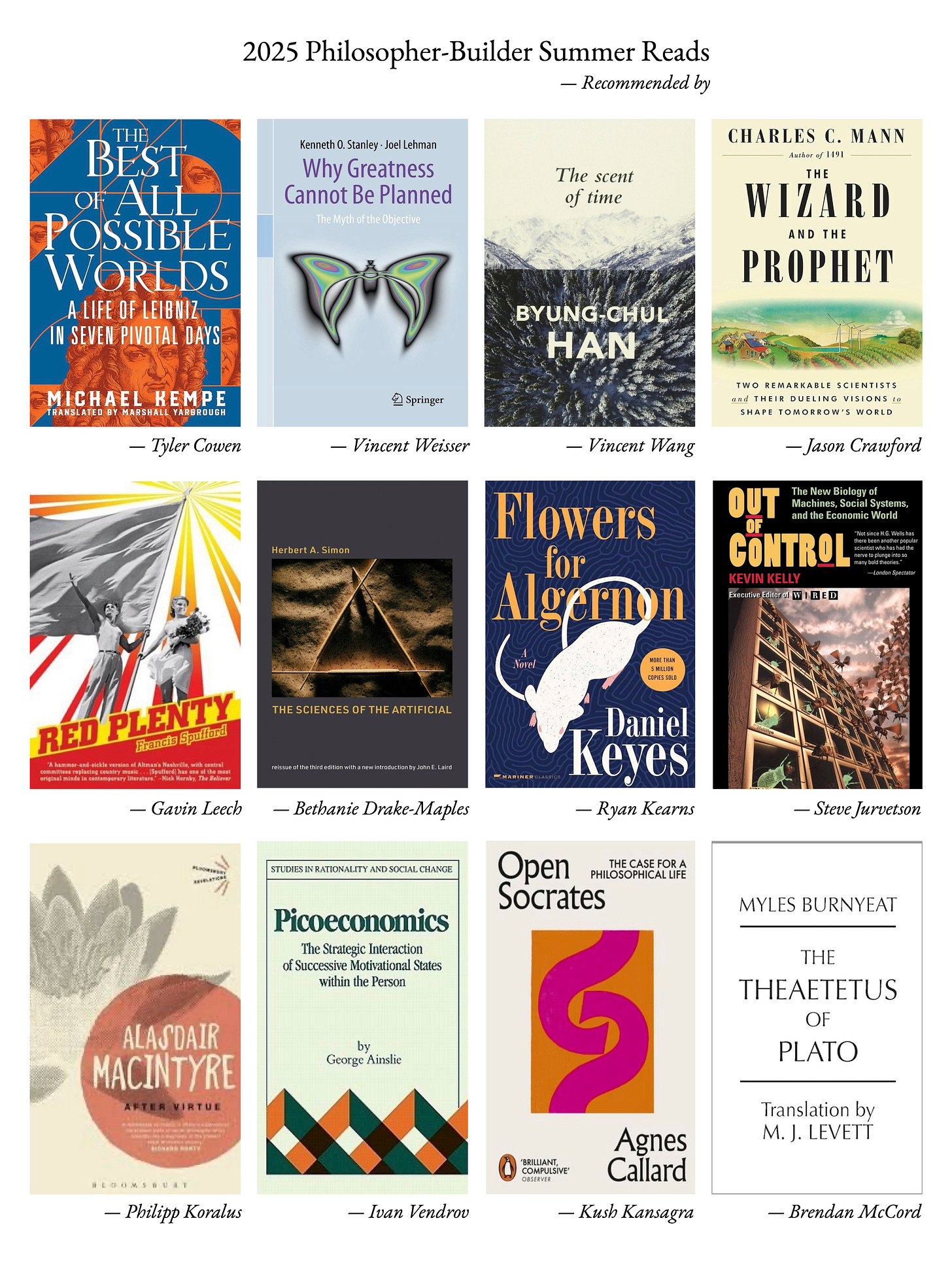
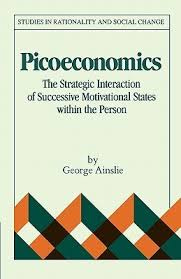
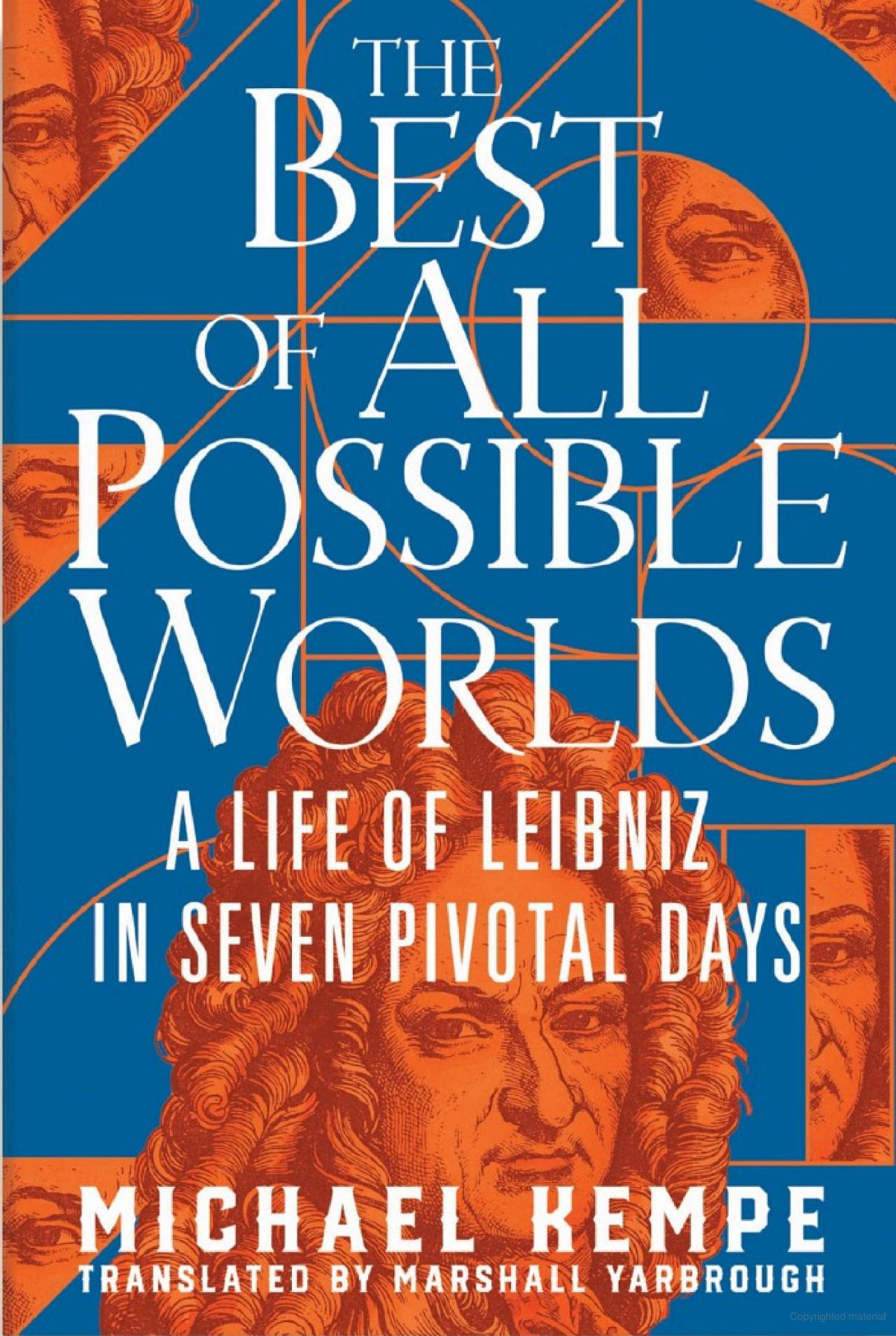
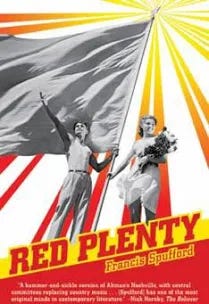
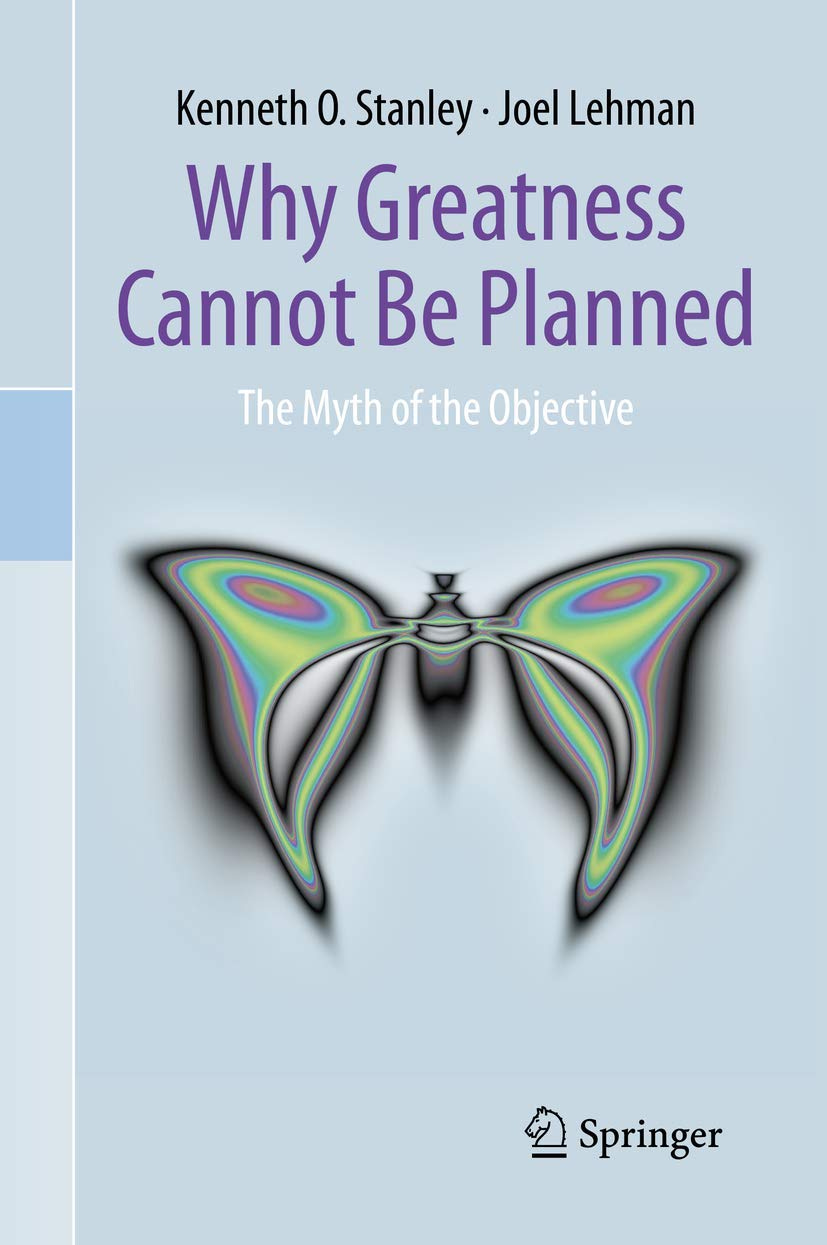
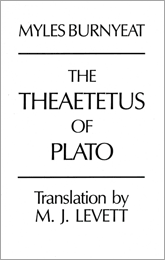
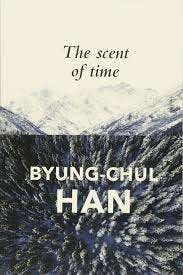
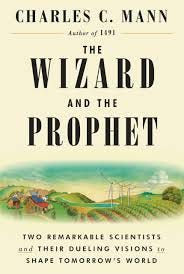
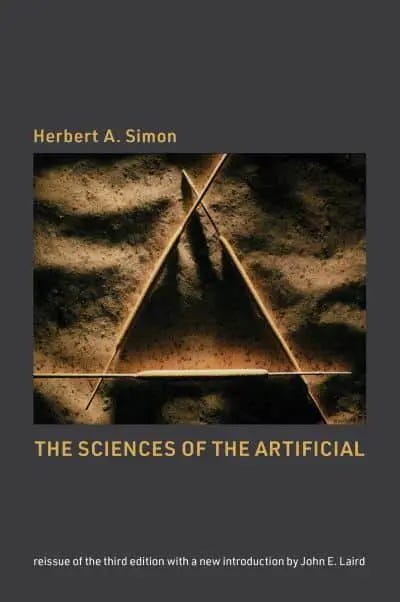
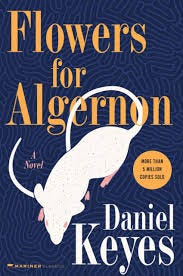
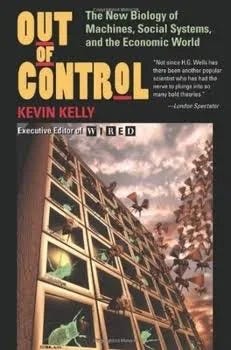
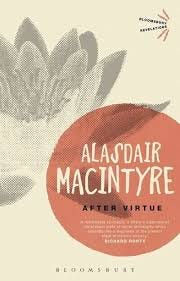
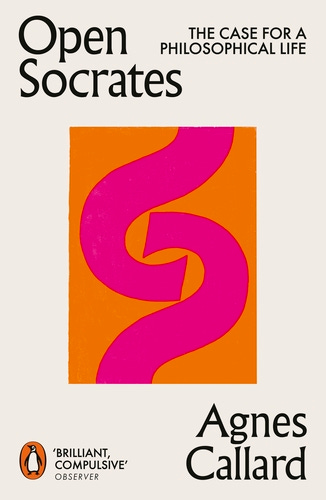
I would also recommend Ludwig Wittgenstein: The Duty of Genius by Ray Monk. It’s worth pondering how Wittgenstein thinks about languages and how we see language models now.
Love this list, so many great books.
Surprised (but pleased) to see McIntyre on the list!